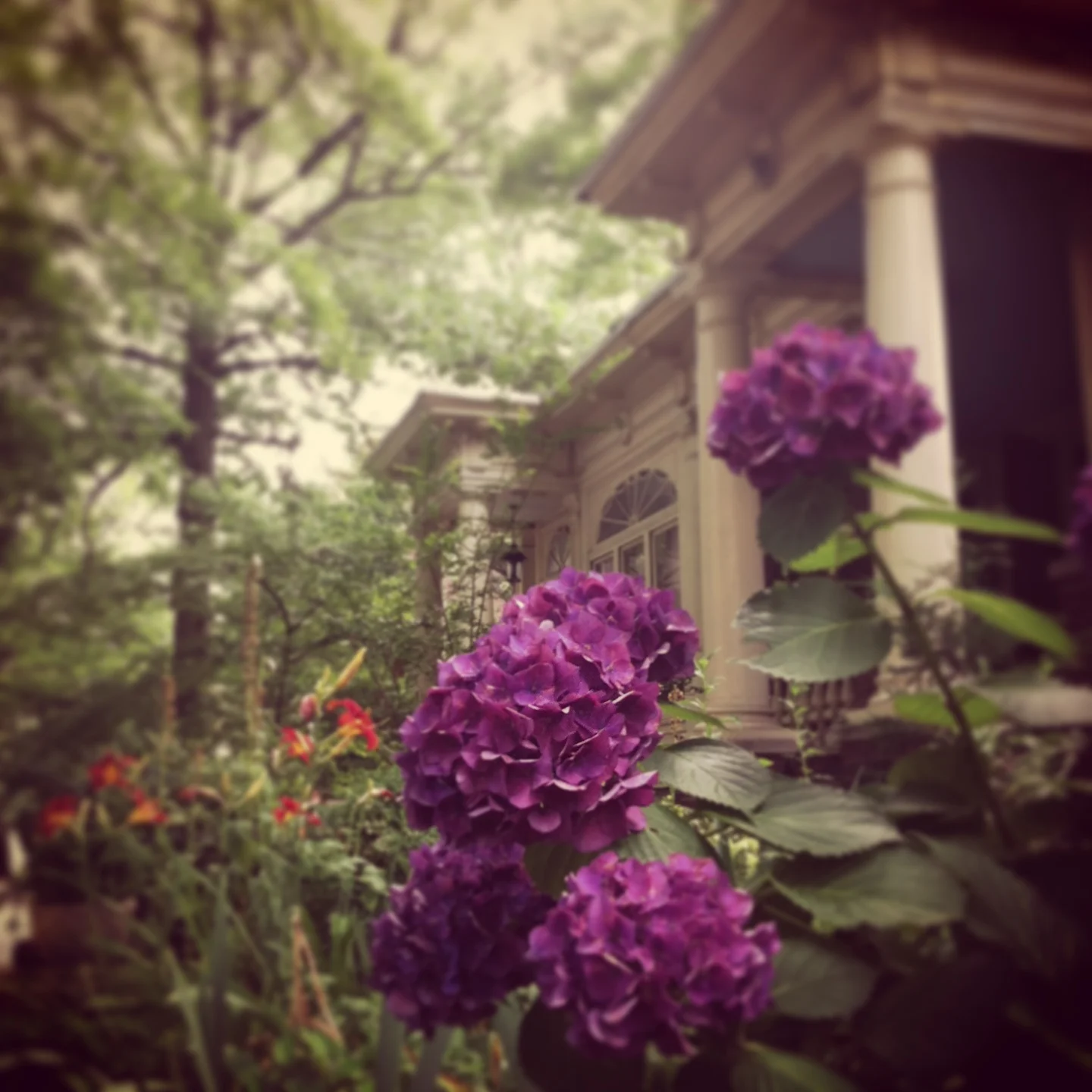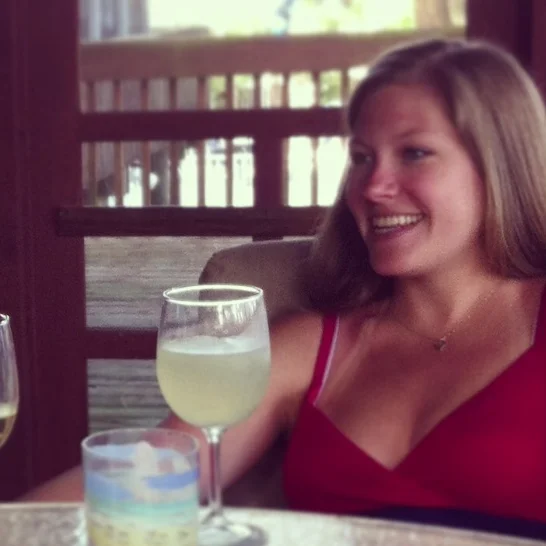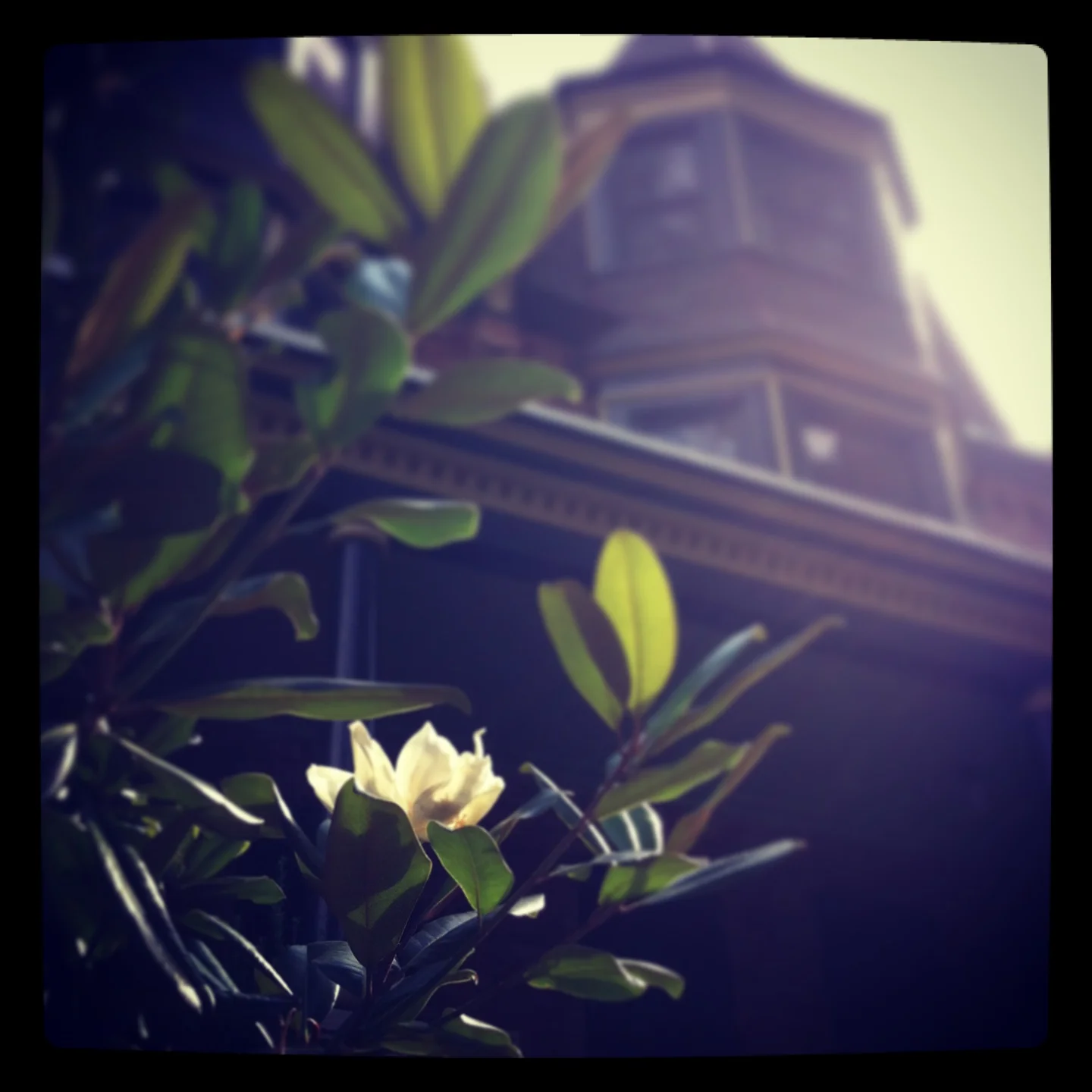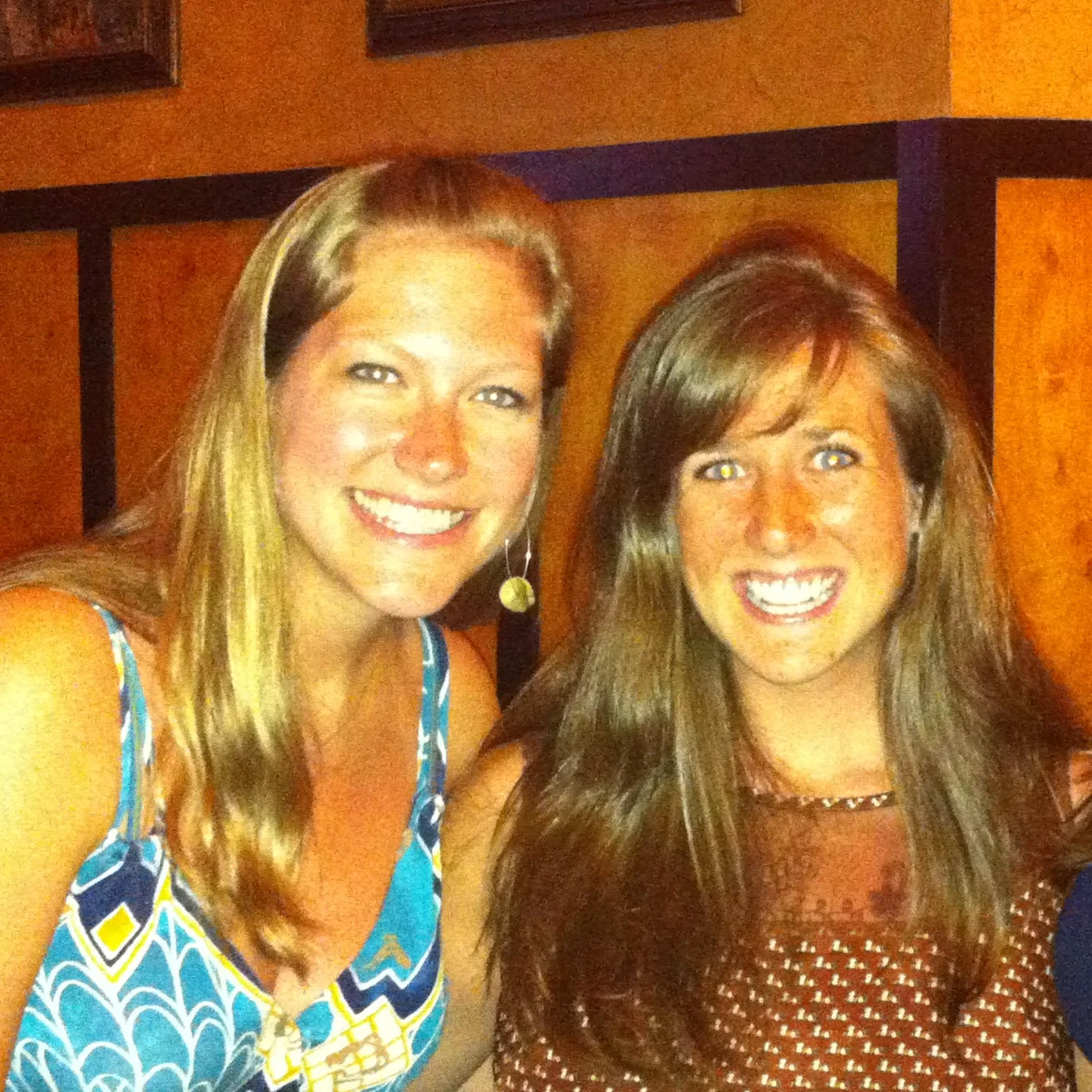My time in Maryland was a season for writing. I set out to present a new song to my cohort every two weeks. Starting small last August, I borrowed words from Gerard Manley Hopkins to set his poem “Peace” to music. Each week thereafter, rather than waiting for inspiration as I had done in years past, I’d set aside four hours on a Friday afternoon to sit and do the work. I’d seek solitude in the breezy gazebo on the water, in a carrel in the Old Library, or in the echoey chapel, soaked in the sound of my own voice. I’d pull out the notes I’d scratched down throughout the week—a line that came to me on a bike ride, a phrase I’d plucked from a conversation with a friend—and I’d write around them. These were important times of processing, to make sense of my father’s diagnosis, of the books I was reading, of good and hard moments in the friendships in my home. I did this work alone—wrestling with words to say just what I meant, playing with my voice so that the words sounded like their meaning. I was in control.
Some of my favorite moments through the year, though, came when I was brave and humble to invite others into this generative work. By November, when I’d debut a song in the living room, I’d ask Chris and Lindsay to sing what they heard in harmony. Their voices wrapped like ribbons around my words, and I liked the sound of it. At Christmas, I penned new verses to an old song—Auld Lang Syne. I tried to find the phrases to articulate what many of us were feeling that December, the satisfaction and, still, the longing. And then I welcomed my friends to sing them with me. Bethany hopped on the old upright piano that was a hair out of tune. Chris and Lindsay took the high and low harmonies, and we built and built so at the finish, fifteen people stood around the piano, clutching song sheets and singing my words together. And suddenly they were our words.
It is summertime and I am back in Philadelphia, twelve new songs in tow. I’m glad to return to these familiar row homes and wooded streets, to the small listening rooms where I love to play, to the friends who sing along to the first songs I ever wrote. I am also glad to return to an old collaborative partner, my friend Sarah Seligman. Once a week, I take the trolley or a long stroll to Sarah’s Center City highrise, where my spare guitar resides beside her piano. Here, she is helping to stretch me further in humility as we create together.
Sarah’s work is in neuroscience. She is a PhD student at Temple, counseling clients in therapy and researching Alzheimer’s and aging. But she grew up with both science and music in her bones. Her grandmother was a musicologist who tapped away at a typewriter on the second floor of a Soho brownstone, composing biographies for Gershwin and Bernstein and articles for Vogue and the New York Times. Her grandfather is a psychiatrist on the Upper East Side. Her father spent his single years writing folk songs on the Upper West, then took a sensible job in radio; her mother is a pediatric cardiologist. As kids, the three Seligman children spent each afternoon at Hoff-Barthelson Music School, where Sarah was classically trained in piano. The demands of her undergraduate coursework in science set Sarah’s hands to rest for a few years, but when I took a poetry course and started writing folk songs, she stretched, sat down at a little keyboard, and began to play simple accompaniment to carry my songs along.
This summer, she adorns the new songs with piano flourishes that I could dream up but could never manifest. In four years of collaboration, her arrangements are growing more and more nuanced, and we are growing braver together. It has taken this time for us to warm up, though, because of the risk of collaboration.
Collaboration is a sacrament of humility and mutual deference. When I invite others into my creative work, I admit that what I have is not enough, that I need others’ gifts to complement my own. I am a folkie with no technical training. Alone, I can pin words down to say just what I mean, and I can bend my voice to evoke sorrow, longing, playfulness or celebration. But I can’t build tension with bass notes that resound in your bones; I can’t ramble my hands in ¾ time to sound like a summer saunter; I can’t twinkle in the high keys for a delicate finish. I need Sarah’s partnership.
In partnership, I yield control. I invite Sarah’s aesthetic instincts to mingle with my own. I am no longer the sole arbiter of the song’s meaning. My writing is deeply personal, often rooted in my own experience, so to invite another into meaning-making requires great trust. But Sarah’s work in psychology and her high capacity for empathy make her the perfect partner. She absorbs the stories of my songs into herself, and I am ever more awed at her insights into the human experience and her instincts for how to articulate my stories using the instrument before her.
Aristotle said
this: Good and effective ensemble is when its members have a commendable
knack of subordinating themselves to the benefit of the whole. Thousands of years later, 20th
Century Hungarian composer Zoltan Kodaly wrote, While singing in itself is
good, the real reward comes to those who sing, and think, and feel with others.
This is what harmony means. Age after age, and perhaps today all the more, humans are bent toward
individualism and self-focus. We like to be soaked in the sound of our own
voices. We like to
believe we are in control. We cringe at the words subordinate, yield, defer.
But Aristotle, Kodaly and I know that we need the corrective of moments of
collaboration that help us to listen outside of ourselves. In collaboration, we
learn that yielding to another ushers forth a richer bounty—that in deference,
we emit more radiant beauty.




